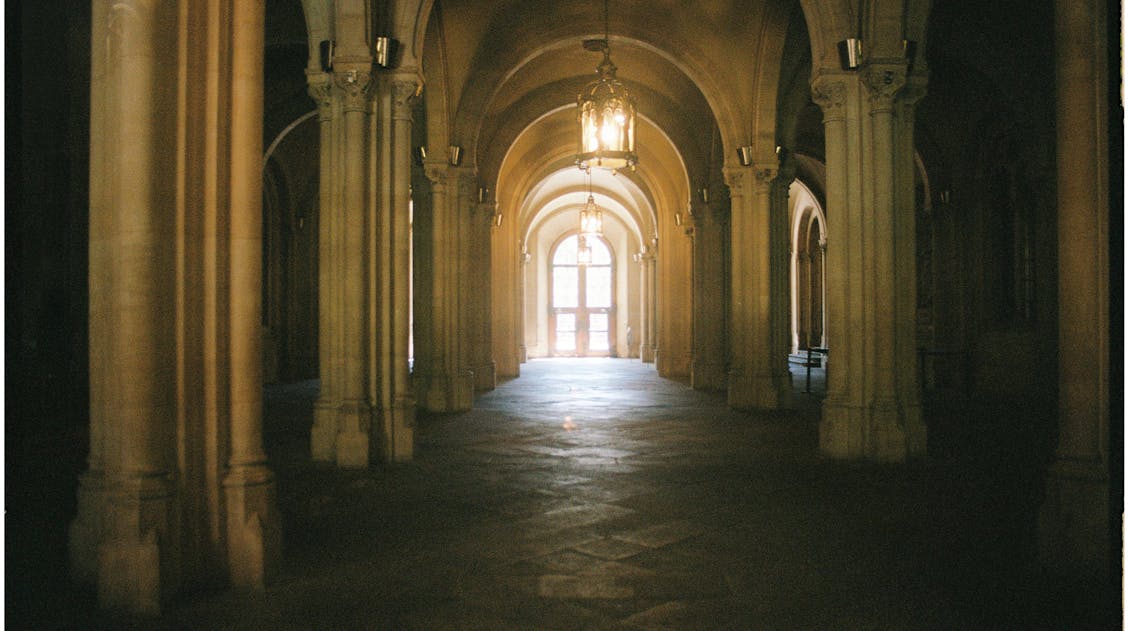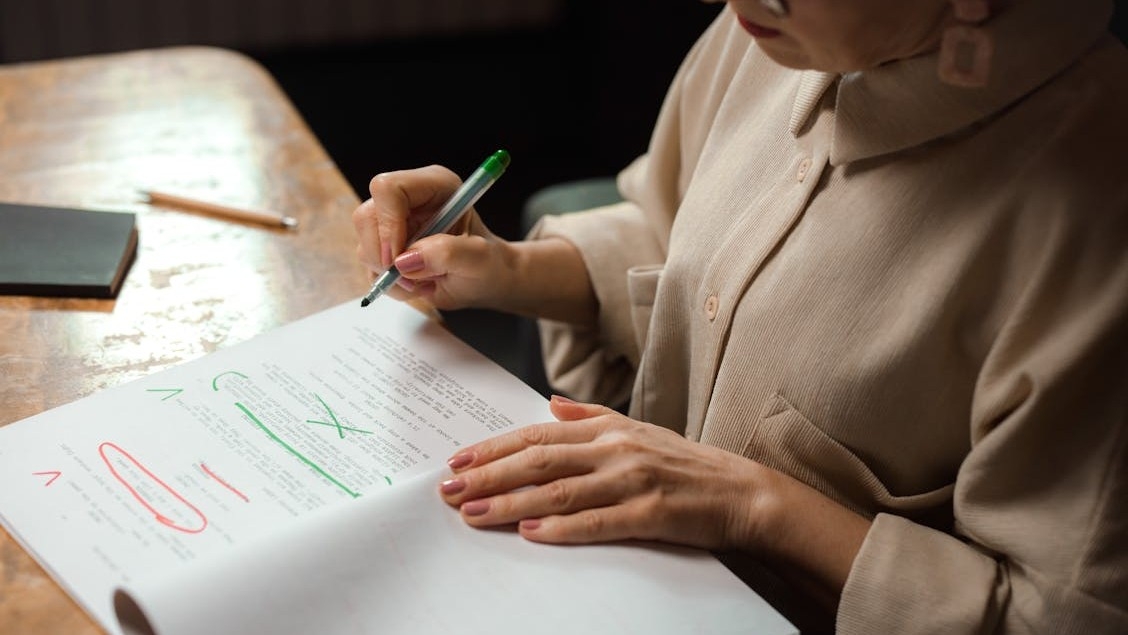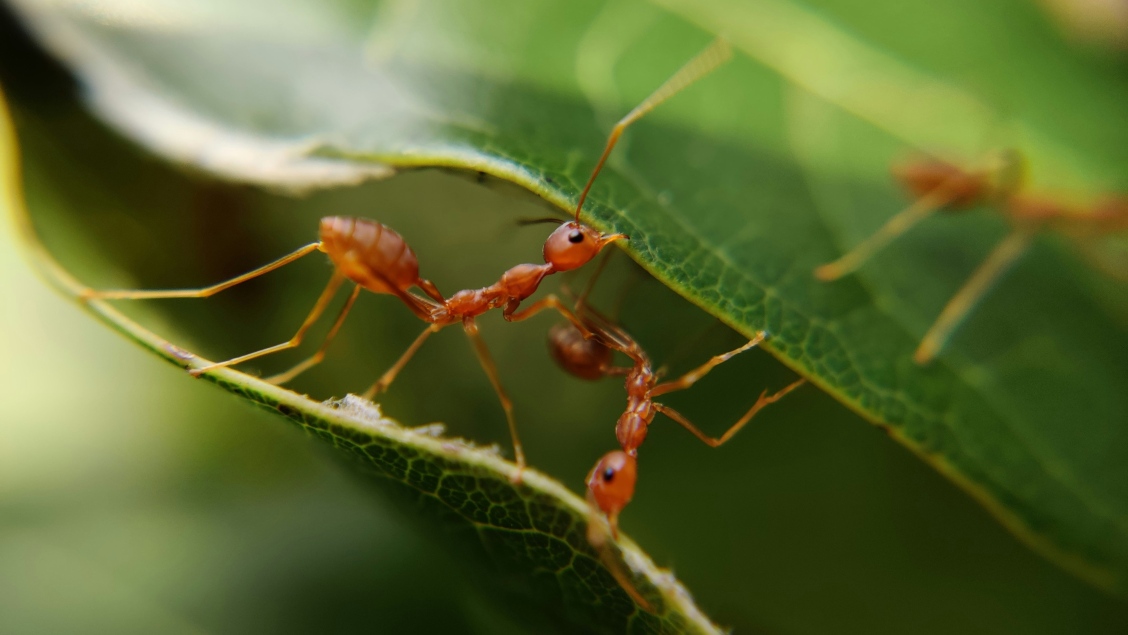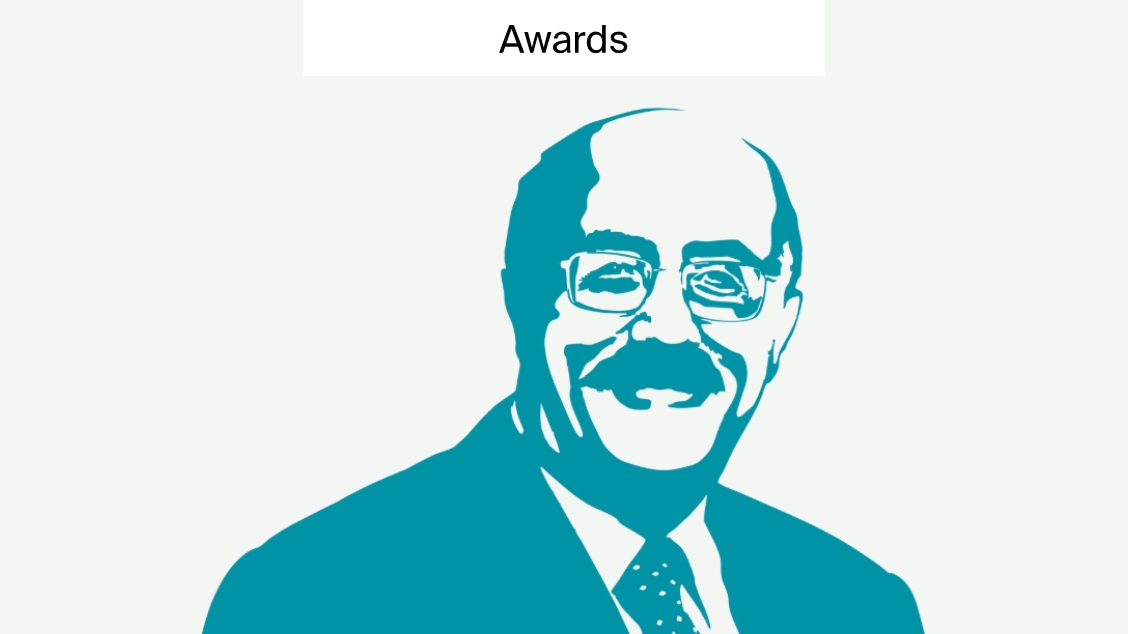
The 11th International Symposium on Sensor Science (I3S 2025)
The abstract submission deadline, 25th July 2025, for the 11th International Symposium on Sensor Science (I3S 2025) is approaching!
I3S 2025 is an in-person conference; it is the latest edition in the long-running conference series, which first began 24 years ago in 2001. The conference has been organised and hosted by MDPI and the Open Access journal Sensors.
I3S 2025 will be held over two days, in beautiful Barcelona, at the Casa Convalescència, a historical artistic monument and UNESCO World Heritage site. The previous conference, I3S-CN 2023, focused on discussing significant advancements in the synthesis of nanomaterials and their properties. I3S 2025 hopes to build on the success of I3S-CN 2023, continuing conversations and sharing advancements in the field of sensors.
The event also hopes to encourage and inspire students and early career researchers in the field of sensors by providing the opportunity for them to win four awards: two for best oral presentations and two for best posters, as well as a cash prize for each category.
With the deadline for submissions approaching, we outline the important details you need to know about this exciting conference.
I3S 2025 details
This is the 11th conference in the I3S series. I3S 2025 will cover a wide range of topics and research areas within the sensors field including: nanomaterial-based sensors; chemical sensors and biosensors; emerging trends in electrochemical sensing; electronic skin, flexible sensors, and wearables; metal oxide-based gas sensing; plasmonics; and new trends in sensor and e-nose development. Discussions of these topics will range from keynote lectures, oral presentations, and poster sessions.
The event will provide an engaging platform for sharing and discussing cutting-edge research, solutions to emerging challenges and the direction of future research within the field of sensors.
Conference speakers
During the event, attendees will hear from an impressive list of keynote and invited speakers who will address these topics.
The keynote speakers include
- Professor Dr Vittorio M.N. Passaro from Politecnico di Bari, Italy
- Dr Cecilia Jiménez-Jorquera from the Institute of Microelectronics of Barcelona, Spain
- Professor Dr Dr. María Isabel Pividori Gurgo from the Autonomous University of Barcelona
If you would like to read more about the exciting speakers presenting at the event, please see here.
MDPI is excited to welcome all participants to Barcelona to explore the expansive field of Sensors. This is an in-person event only, so it is not possible to participate online.
What is the purpose of the I3S series?
The conference is an opportunity for leading scientists, researchers and industry experts to present research in sensor-related fields and inspire collaboration between disciplines.
The conference sessions
The conference will have seven sessions, each with its own subject matter and guest speakers. The sessions are as follows:
- 1D and 2D nanomaterial-based sensors
- Optical chemical sensors and biosensors
- Emerging trends in electrochemical sensors: from fundamentals to implantable technologies
- Electronic skin, flexible sensors, and wearables for physiological parameter monitoring
- Metal oxide-based gas sensors
- Physical sensors: from plasmonics to NEMS, MEMS, and resonators
- New trends in sensor and e-nose design and fabrication: from material discovery to modelling and data processing
Participating in I3S 2025
MDPI encourages the submission of abstracts for the 11th International Symposium on Sensor Science. Participating in this conference can help to disseminate important ideas within the wider community and allows for a bigger platform for visibility.
To submit an abstract, be sure to visit the Sciforum platform. You can also register online to participate in the event. Don’t forget, the early-bird registration deadline is 3rd October 2025. The regular registration deadline is 2nd November 2025.
Information regarding the venue, accommodation and other travel information can be found on the Sciforum platform, which can be accessed here.










